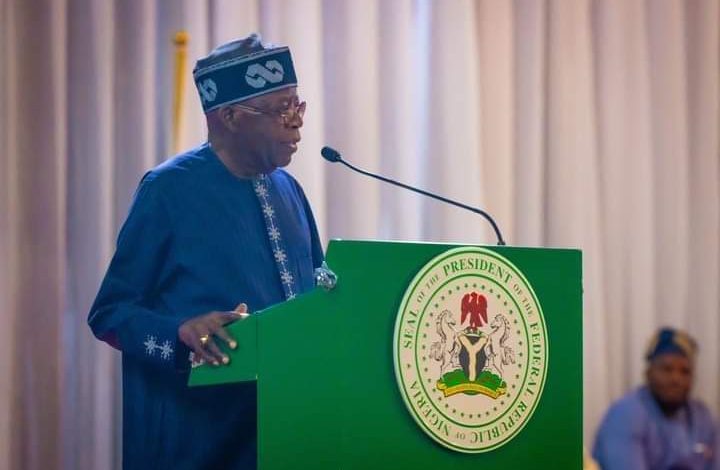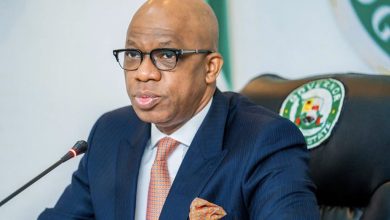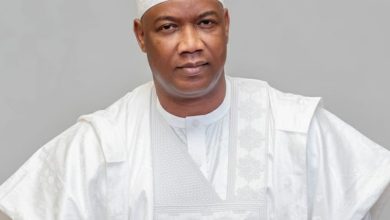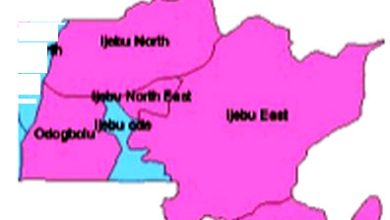If You Are Unwilling To Go Down, You Cannot Go Up

By Mogaji Wole Arisekola.
Why President Bola Tinubu Strategy must be able to work with timing.
Leading Nigeria is often seen as an overwhelming and thankless task. The position of the president, regardless of the individual or political party, quickly transforms from a symbol of hope to one of frustration and criticism. No matter how beloved a leader may be before assuming office, public perception tends to shift dramatically soon after, primarily due to the difficult economic decisions that must be made.
Nigeria’s economic predicament leaves any leader with two starkly contrasting choices: maintaining the status quo or implementing radical economic reforms. Each choice, while potentially beneficial in one area, carries significant risks and disadvantages that often overshadow the intended positive outcomes.
In an attempt to alleviate immediate economic distress, a leader may choose to maintain the status quo, prioritizing short-term stability over long-term sustainability. This strategy often involves defending the value of the Naira to prevent inflation, as well as subsidizing fuel prices to curb the knock-on effects on the cost of goods and services. While this approach may temporarily appease the public, it comes at a high cost.
To support these measures, the government is forced to borrow extensively, both internally and externally, thereby depleting foreign reserves. The result is a vicious cycle of economic stagnation and mounting debt, which ultimately leaves the nation in a worse position. Public sentiment, initially positive, quickly turns sour as people realize that the temporary relief cannot mask deeper economic issues. This was the path chosen by former President Buhari, whose conservative approach to the economy resulted in a heavy reliance on borrowing, with little to show for it in terms of sustainable growth.
Alternatively, a leader may opt for comprehensive economic reforms, including allowing the Naira to float freely against the dollar. While this strategy may stabilize the foreign exchange market and reduce the need for excessive borrowing, it also leads to a sharp devaluation of the Naira, causing the prices of goods and services to soar. This is particularly challenging for Nigeria, where the economy is heavily reliant on imports.
The initial shock of such reforms can be devastating for ordinary citizens, as inflation skyrockets and the cost of living becomes almost unbearable. Although economic indicators such as reduced borrowing and stabilized foreign reserves may look promising on paper, the tangible benefits take time to materialize for the average person. This was the path chosen by President Tinubu, who took bold steps to liberalize the foreign exchange market and eliminate fuel subsidies, a move that, while necessary, led to widespread economic hardship in the short term.
The painful reality is that every economic decision comes with a price, and leaders must weigh the long-term benefits against the immediate consequences. It is a delicate balancing act, where the goal is not just to please the populace but to lay the groundwork for sustainable development.
No leader deliberately sets out to inflict economic pain on their citizens. However, the burden of leadership requires making tough decisions that may be unpopular or even disastrous in the short run but are essential for long-term economic stability. The experience of previous administrations serves as a reminder that there is no easy way out of Nigeria’s economic maze.
Looking back, the conservative approach under President Buhari resulted in a heavily indebted nation, struggling to maintain the value of its currency and meet its financial obligations. The current administration under President Tinubu has taken a different route, focusing on economic reforms and risk-taking to address these issues head-on. While this has led to a sharp increase in the cost of living, it also shows promise in terms of reduced borrowing and improved economic indicators.
The success of these reforms hinges on the government’s ability to increase local production, particularly in the oil sector. If Nigeria can boost domestic fuel production and reduce its dependence on imports, there is hope that the cost of living will stabilize and even improve over time. However, this is easier said than done, and the road ahead is fraught with challenges.
Nigeria stands at a critical juncture. The choices made now will shape the nation’s economic future for years to come. It is a time for resilience and patience, both from the leaders and the people. The economic pain experienced today is the price of a better tomorrow, but this is a difficult pill to swallow for a nation already weary of unfulfilled promises.
As citizens, we must hold our leaders accountable but also support the tough decisions necessary for real change. It is not about blind loyalty or partisan politics but about understanding that true progress requires sacrifice. In the end, there are no easy answers, only the hope that through perseverance and sound policy, Nigeria can overcome its economic challenges and realize its full potential.
By the chosen one
Mogaji Wole Arisekola.








